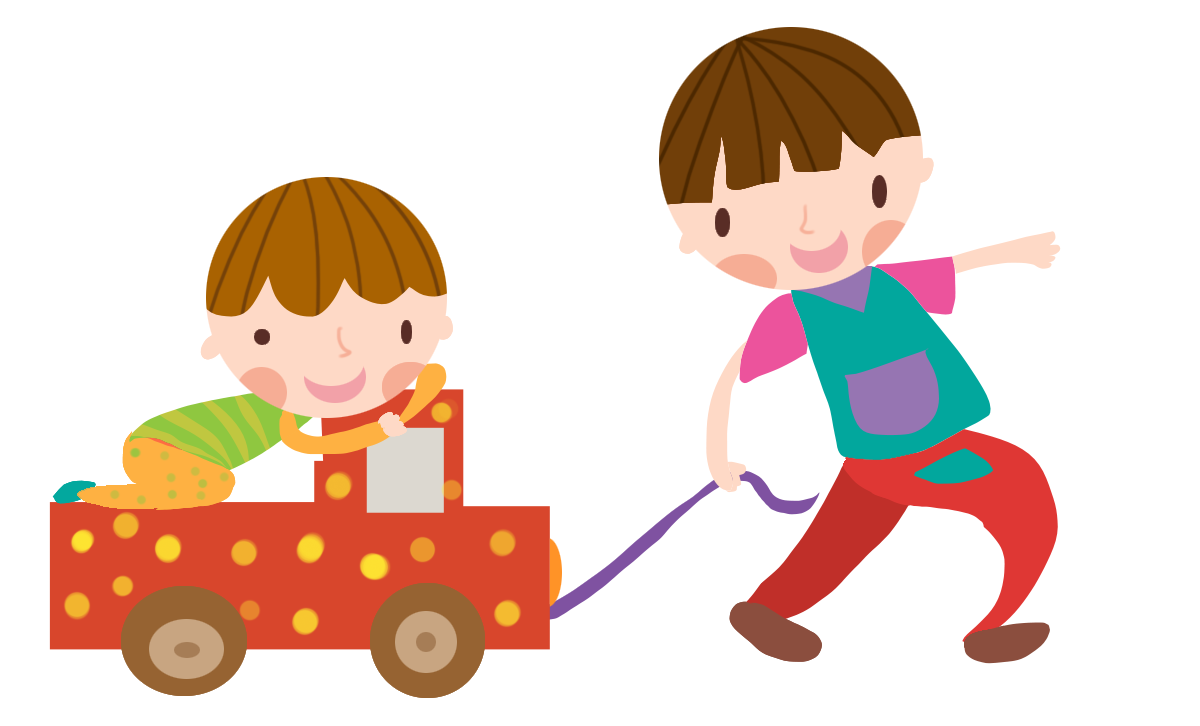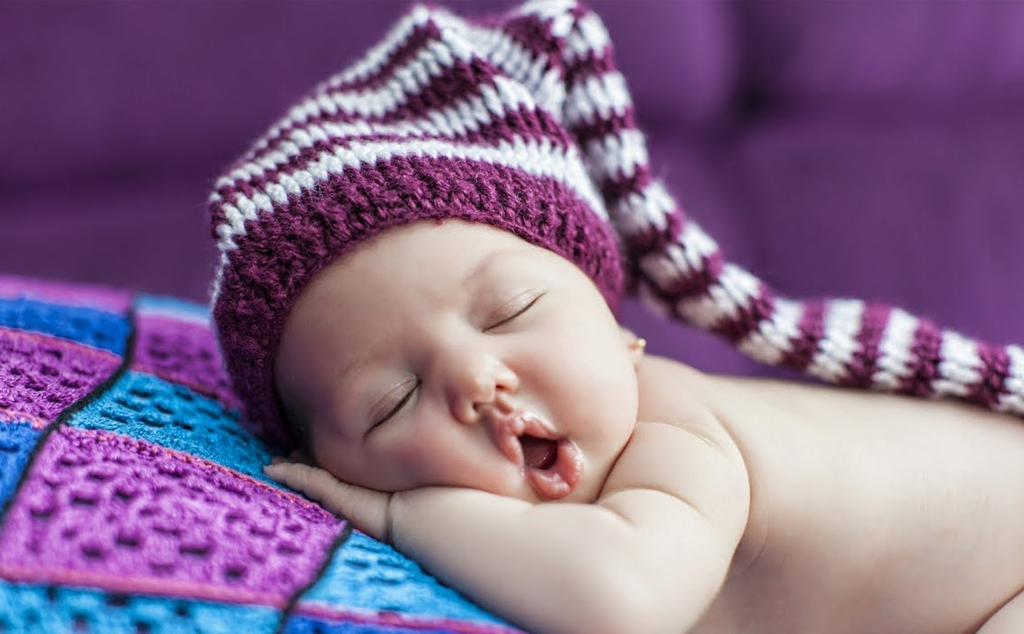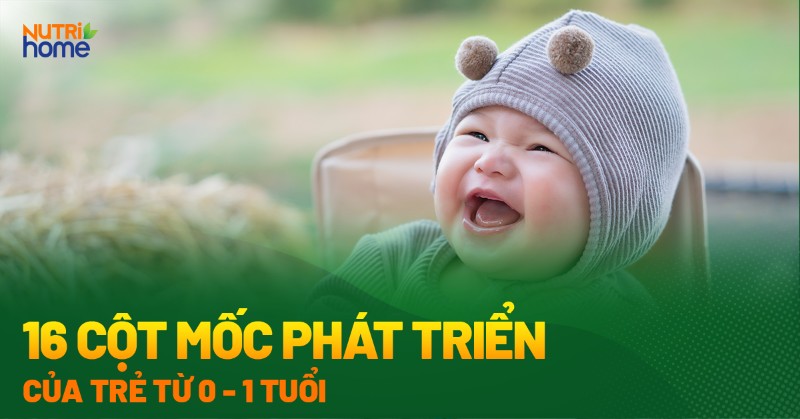[foxdark]
[Phát Triển Bé 2 Tháng Tuổi: Các Mốc Phát Triển Quan Trọng]

Executive Summary

This article explores the crucial developmental milestones of a 2-month-old baby, focusing on key areas including physical development, cognitive growth, social and emotional skills, and language acquisition. It aims to guide parents and caregivers in understanding the typical progression of their baby’s development and recognizing any potential concerns. By outlining the key milestones and providing valuable information, this article empowers parents to nurture their child’s growth and development during this vital period.

Introduction
The first few months of a baby’s life are a whirlwind of rapid growth and development. Every day brings new discoveries and milestones, each one a testament to the remarkable journey your little one is embarking on. At 2 months old, your baby is transitioning from a newborn into a more interactive and responsive individual. This period marks the start of significant cognitive, physical, and social advancements. This article explores the key developmental milestones you can expect to see in your 2-month-old, providing insights into the wonders of this crucial stage.
What to expect in a 2-month-old baby?
Physical Development
By the time your baby reaches 2 months, they will be gaining weight and growing rapidly. Their movements will become more coordinated, and they will start to discover their hands and feet. This newfound awareness of their body will spark a curiosity for exploration. Here’s what you can expect to see:
- Improved Head Control: Your baby will be able to hold their head up for longer periods while lying on their tummy or being held upright. This newfound strength allows them to engage with their surroundings with a clearer view.
- Reaching Out: You will start to notice your baby reaching out for objects with their hands. This is a significant milestone, indicating developing motor skills and a growing desire to interact with their environment.
- Grasp Reflex: The grasping reflex, a natural response to touch, is still present. Your baby will instinctively grasp your finger or any object placed in their hand.
- Rolling Over: Some babies may start rolling over from their tummy to their back during this period. This is a sign of increasing strength and coordination.
Cognitive Development
At 2 months, your baby’s brain is rapidly developing, leading to significant advancements in cognitive abilities. This is a period of rapid learning and absorbing information from their environment. Here are some key markers of this exciting development:
- Recognizing Familiar Faces: Your baby will begin to recognize and react to familiar faces, particularly yours. They will show signs of joy and excitement when seeing their loved ones.
- Following Moving Objects: Your baby will be captivated by moving objects. They will track their movements with their eyes, showing their developing visual skills.
- Making Eye Contact: Your baby will make more eye contact with you and engage in interactive play by responding to your smiles and vocalizations. This is a sign of growing social awareness and a desire to connect.
- Developing Sensory Skills: Your baby’s senses are becoming more refined. They will enjoy exploring different textures, sounds, and smells, engaging with their world through their senses.
Social and Emotional Development
Your baby is developing their social and emotional skills, becoming more responsive to their surroundings and forming deeper connections with their loved ones. You will observe them expressing their emotions more clearly, building a foundation for social interactions. Here are some key milestones in this area:
- Social Smiles: Your baby will start to smile more frequently, not just reflexively but as a genuine expression of happiness and connection with you.
- Cooing and Gurgling: These sounds are more than just random noises. They are your baby’s way of communicating and expressing their emotions. They will coo and gurgle, responding to your voice and interactions.
- Responding to Touch: Your baby will love being cuddled and held. They will respond to touch with physical relaxation and expressions of comfort.
- Early Signs of Separation Anxiety: While this is not a major concern, your baby may start to show signs of mild distress when you leave their sight. This is a normal response, indicating their growing attachment to you.
Language Development
While your baby may not be speaking words yet, they are actively developing the foundations for language. You will start to hear them vocalizing more, experimenting with different sounds, and imitating your speech patterns. Here’s what to expect:
- Cooing and Gurgling: These sounds are building blocks for future speech. Your baby will experiment with different vowel sounds and vocalizations.
- Responding to Sounds: Your baby will begin to respond to familiar sounds, recognizing your voice and turning their head when you speak.
- Imitating Sounds: As you talk to your baby, you may notice them starting to mimic some of the sounds you make. This is a crucial step in their language development.
- Early Signs of Babbling: While not yet forming actual words, you may hear your baby start to babble, making repetitive consonant-vowel combinations like “ba-ba-ba” or “ga-ga-ga.”
Frequently Asked Questions (FAQs)
Q: When should I be concerned about my baby’s development?
A: If you notice your baby not meeting some of the typical milestones, don’t panic. Every child develops at their own pace. However, it’s essential to talk to your pediatrician if you have any concerns. They can assess your baby’s development and provide guidance.
Q: How can I encourage my baby’s development?
A: There are many things you can do to support your baby’s growth. Provide them with stimulating environments, engage in tummy time, offer age-appropriate toys, and speak to them frequently. These activities encourage their physical, cognitive, and social-emotional development.
Q: How much sleep should my 2-month-old baby be getting?
A: Most 2-month-old babies need around 14-17 hours of sleep per day, including naps. You may notice your baby starting to establish a more consistent sleep schedule. However, it’s essential to be flexible and adjust your baby’s sleep routine as needed.
Conclusion
The 2-month milestone marks a significant leap in your baby’s development, showcasing the remarkable journey they are undertaking. As you witness their growing abilities, remember that each milestone is a testament to their unique path. Engage with your baby, provide them with opportunities to explore their world, and nurture their developing skills. As you celebrate their triumphs, remember that you are playing a vital role in their development, guiding them towards a future filled with endless possibilities.
Tags:
- Baby Development
- 2-Month-Old Baby
- Milestones
- Physical Development
- Cognitive Development
- Social and Emotional Development
- Language Development